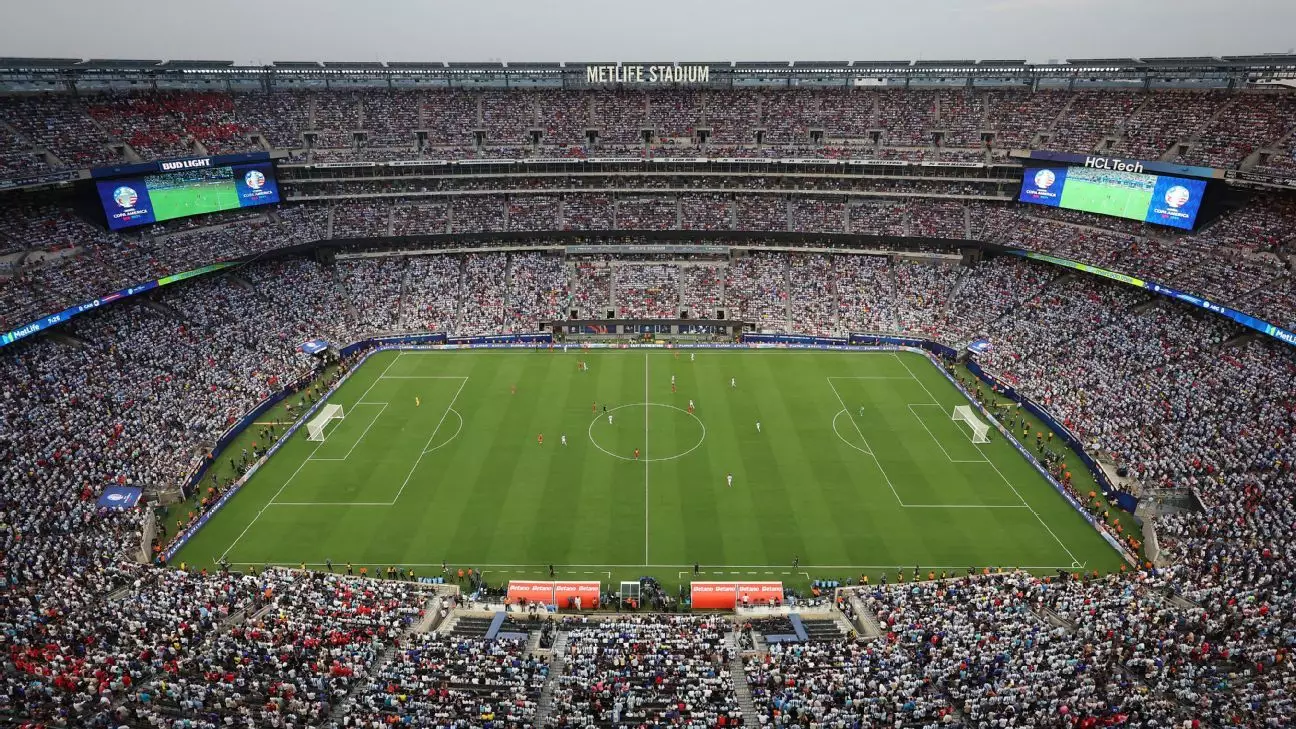In a move that marks a significant milestone for FIFA, the international governing body of football has secured a sponsorship deal with Bank of America ahead of the anticipated 2026 men’s World Cup. This partnership, the first of its kind for FIFA since the ousting of former president Sepp Blatter in 2015 due to corruption allegations, comes amidst a series of strategic collaborations announced by FIFA, including a lucrative arrangement with Saudi Arabian company Aramco.
Following the damaging corruption scandal that rocked FIFA in 2015, leading to a wave of criticism from various sectors, particularly from the U.S. Department of Justice, U.S. companies had distanced themselves from the organization. The deal with Bank of America, therefore, signifies a shift in this trend and a willingness on the part of major corporations to re-engage with FIFA under the leadership of current president Gianni Infantino.
The agreement with Bank of America, reportedly the largest sports investment the financial institution has ever made, signals a new level of commitment from both parties towards leveraging the power of football as a platform for community engagement. Infantino, in his statement welcoming the partnership, emphasized the alignment of Bank of America’s global engagement initiatives with the overarching goals of FIFA, not just for the upcoming World Cup but for the long-term development of the sport worldwide.
Bank of America’s Track Record
Bank of America, a Charlotte, N.C.-based company with a strong presence in the sports sponsorship arena, has previously held partnerships with Major League Baseball and the NFL’s Carolina Panthers. Their continued support for major sporting events such as the Chicago and Boston marathons underscores their commitment to investing in activities that resonate with diverse audiences.
The sponsorship deal between FIFA and Bank of America represents a turning point in the relationship between international sporting bodies and corporate entities. Despite the tumultuous history of corruption within FIFA, this collaboration opens up new opportunities for leveraging the global reach of football to drive positive social impact. As the sporting landscape continues to evolve, partnerships like this one showcase the potential for meaningful engagement between sports organizations and major corporations.

Leave a Reply